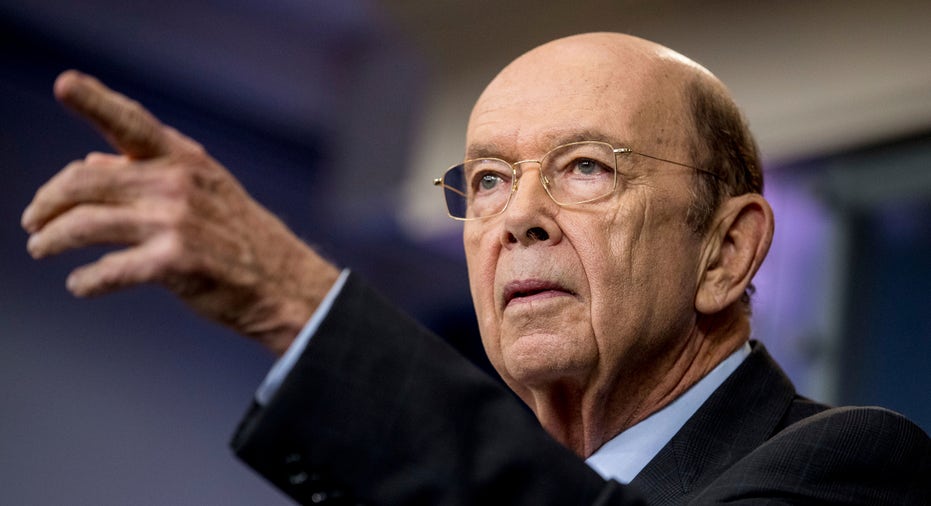AP FACT CHECK: Overblown claim on new China trade deal

WASHINGTON – Heralding a new U.S.-China trade agreement, Commerce Secretary Wilbur Ross puffed a bit too hard in describing its greatness.
"It was pretty much a Herculean accomplishment to get this done," Ross said in describing a trade plan involving U.S. beef and liquefied natural gas exports to China. "This is more than has been done in the whole history of U.S.-China relations on trade."
That would be a tall order, given a history that encompasses President Richard Nixon's 1972 visit to China, which ended a two-decade freeze between the two countries and laid the groundwork for the United States' largest trading relationship. U.S.-China exchanges of goods last year totaled nearly $579 billion, nearly one-sixth of all U.S. trade.
In addition to its provisions on beef and liquefied natural gas, the trade deal lowers long-standing barriers on the operation of U.S. financial firms in China, allows the import of cooked poultry from China, and will send U.S. delegates to a Chinese forum on building infrastructure in Asia and Europe.
Ross declined to say exactly what he meant by his characterization at a Thursday briefing. But trade experts questioned its magnitude, and the limited agreement on 10 items joins a list of tectonic shifts between the world's two largest economies.
Another is China's entry into the World Trade Organization in 2001, an event that caused a surge in Chinese exports to the United States and created an economic shock that caused the loss of more than 1 million factory jobs, according to research by economists David Autor, David Dorn and Gordon Hanson. President Donald Trump has made closing the U.S. gap with China — it totaled $347 billion last year — one of his major policy goals.
Trade experts were quick to point out that the agreement, which largely focuses on agricultural goods, energy and financial products, does nothing for U.S. manufacturers, long a source of tension in the relationship with China.
"These are modest moves which by themselves will not have much effect on the U.S. economy," said David Dollar, a senior fellow at the Brookings Institution and former Treasury Department official.



















